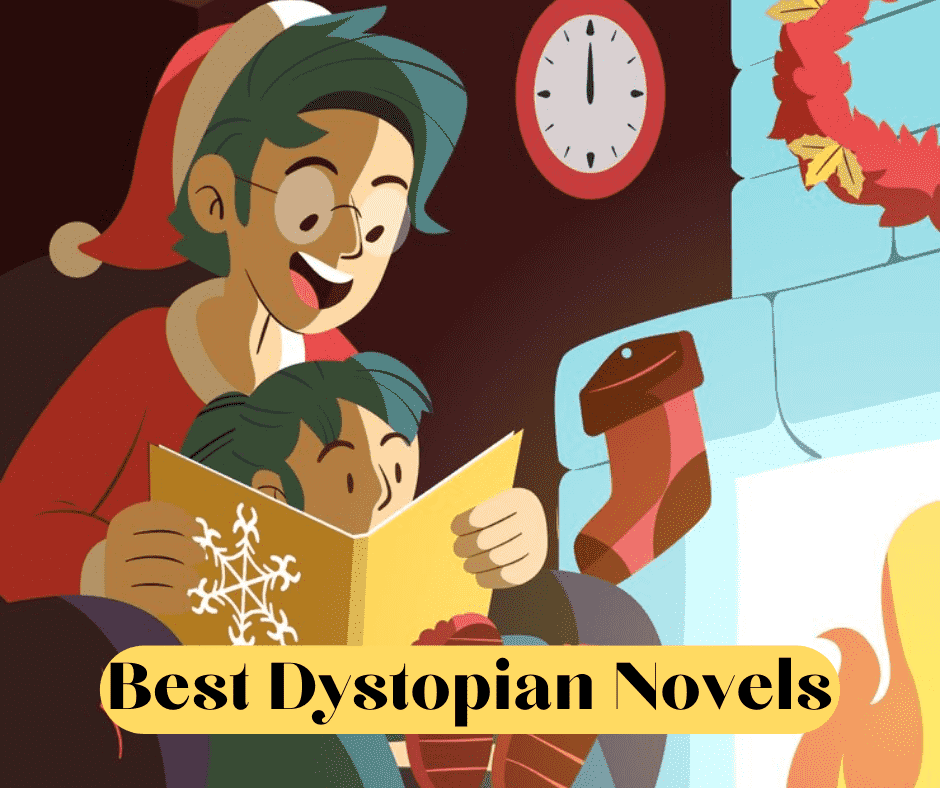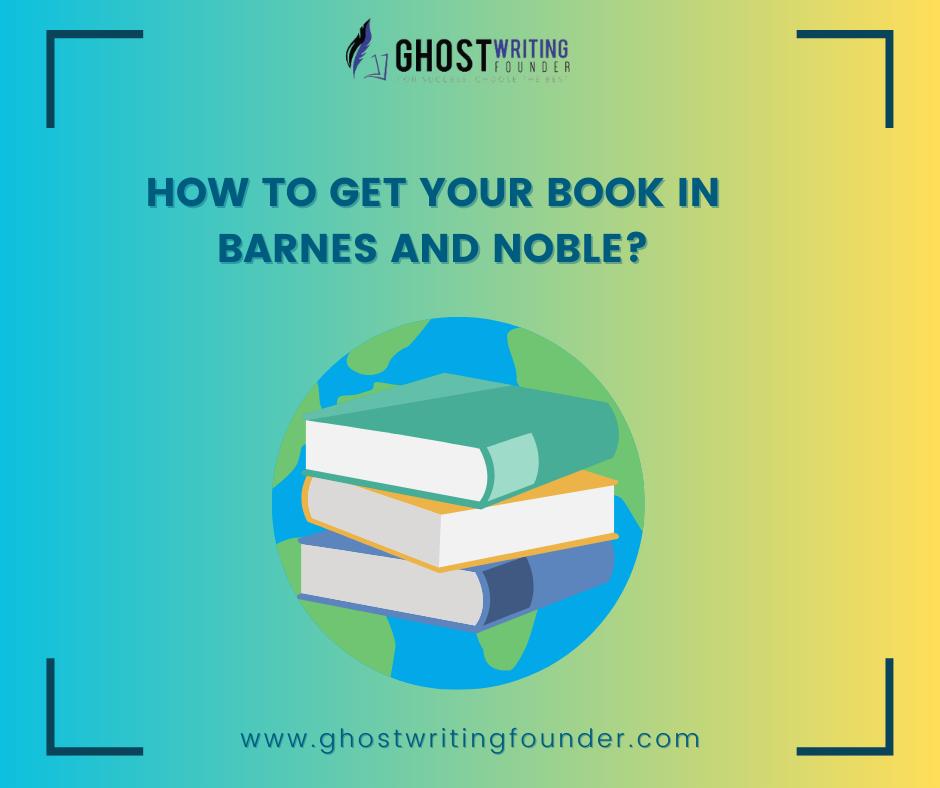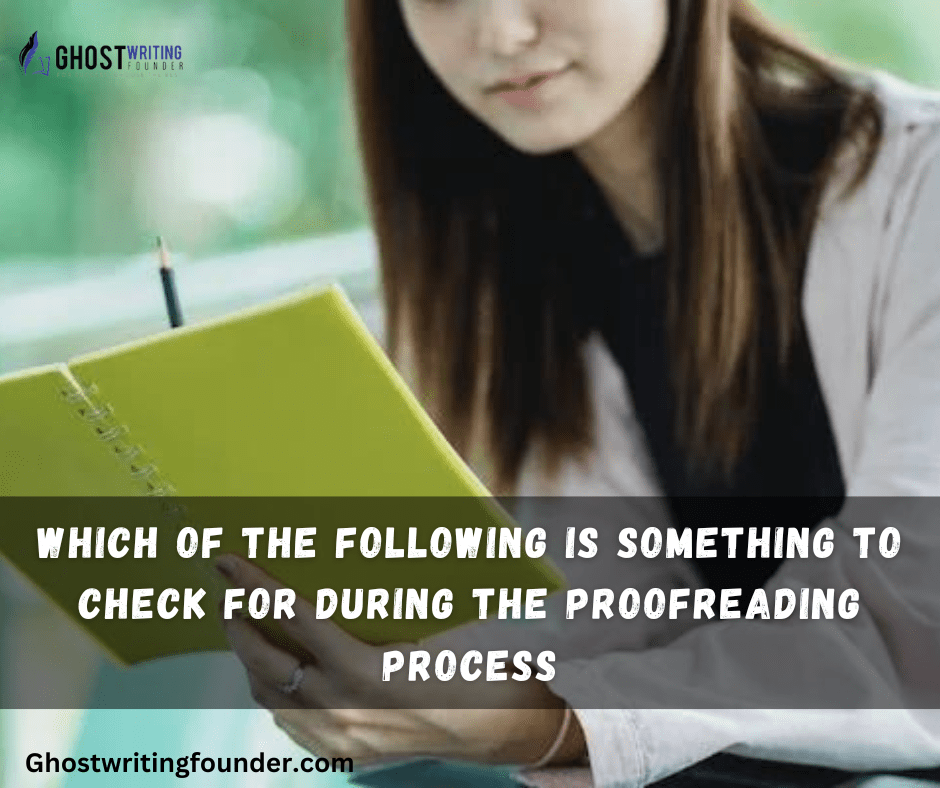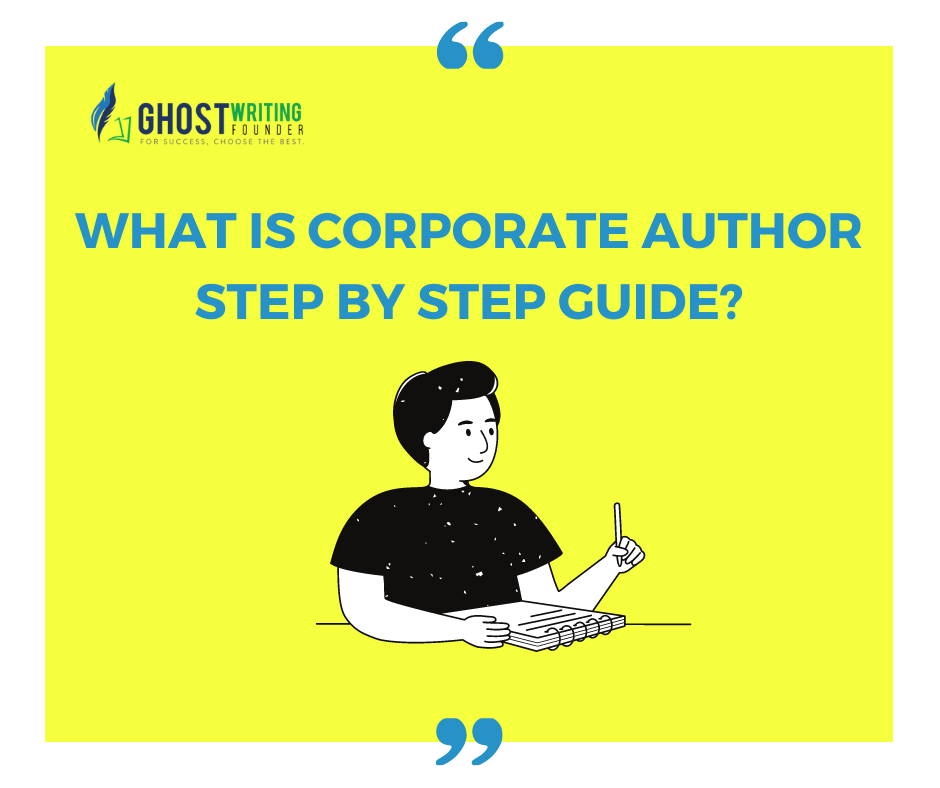
Novel
When it comes to literature that not only startles but also illuminates the human experience through an extreme societal makeover, dystopian novels hold a firm grip on readers’ imaginations.
These stories challenge our perceptions of society, governance, and human nature. Diving into these imagined worlds can serve as both a sobering warning and a provocative challenge to our realities. Here, we will discuss the 17 best dystopian novels that stand the test of time. These novels are a must-read for anyone intrigued by the intricacies of human civilization.
1984 by George Orwell
A titan among the best dystopian novels and the highly recommended on by TheGhostwriting founder writers is George Orwell’s “1984.” It was set in a future that has passed us by yet feels uncomfortably close to modern-day worries about privacy and freedom.
“1984” by George Orwell stands out as a top dystopian novel, showing a scary future similar to today’s fears about privacy. It’s about a world watched by Big Brother, where even thinking is monitored. This book is a strong warning about power and control.
Brave New World by Aldous Huxley
“Brave New World” explores a seemingly perfect global society where peace and stability are maintained through artificial births, the application of sleep learning, and a drug called Soma, which sedates the population into harmony.
What makes this one of the best novels is its vision of a futuristic world and the questioning of happiness and freedom.
Fahrenheit 451 by Ray Bradbury
In “Fahrenheit 451,” we see a future where literature is so feared that it’s incinerated by firemen trained to start fires, not to stop them. Books and intellectual thought are deemed illegal, chased, and destroyed.
This novel captures why it’s one of the best dystopian novels: it underscores the critical role of knowledge, memory, and cultural depth in human society.
Animal Farm by George Orwell
Another Orwell masterpiece in this writing journey is “Animal Farm,” which stands out among the best dystopian novels.
It uses a story about farm animals taking over the farm to show how good ideas can turn bad and how those in power can betray their promises.
The Handmaid’s Tale by Margaret Atwood
“The Handmaid’s Tale” portrays a future where environmental disasters cause low birth rates, forcing certain women to only bear children. This powerful story is known for its deep dive into themes of gender and power, showing a world that seems unreal but could happen.
The Road by Cormac McCarthy
Cormac McCarthy’s “The Road” is a post-apocalyptic father and son journey through an ashen America. Their world is lonely, where survival is the only morality, and moments of tender humanity are rare and all the more precious.
This hauntingly sparse prose and the relationship at the novel’s heart plant “The Road” firmly among the best dystopian novels. McCarthy masterfully depicts the gritty reality of this new world and the enduring.
The Giver by Lois Lowry
Lastly, “The Giver” introduces us to a world where conformity is the absolute rule, and the community lives in a kind of engineered utopia; there is no pain, suffering, or choice.
Lowry’s novel is considered an amazing dystopian novel because it tackles complex themes of individuality, memory, and emotion, all through the eyes of a young boy who starts to see the cracks in his perfect world.
The Hunger Games by Suzanne Collins
At the heart of Suzanne Collins’s “The Hunger Games” is a deeply troubling future society where children are chosen to fight to the death in a grotesque televised event. This novel stands out as one of the best dystopian novels due to its gripping narrative.
It’s a powerful examination of spectacle, power, and rebellion that resonates with a wide audience.
Ready Player One by Ernest Cline
Ernest Cline’s “Ready Player One” transports readers to a dystopian future where reality is so bleak that the populace spends most of its time in a virtual reality world.
This novel is celebrated as one of the best Dystopian reads for its imaginative vision and the compelling quest at its core. It is also a cautionary tale about technology’s seductive escapes and the importance of facing rather than fleeing reality.
The Testaments by Margaret Atwood
“The Testaments,” Margaret Atwood’s long-awaited sequel to “The Handmaid’s Tale,” is set 15 years after the original novel. This book expands the dystopian world of Gilead, offering hope and a potential end to the oppressive regime.
It’s considered one of the best dystopian literature for its powerful storytelling and deeper exploration of theocratic tyranny.
The Children of Men by P.D. James
P.D. James’ “The Children of Men” paints a chilling picture of a world on the brink of extinction due to widespread infertility. This novel has earned its place among the best dystopian novels through its hauntingly plausible premise and its profound questions about humanity, governance, and hope in the face of despair.
It’s a gripping tale that explores the fundamental yearning for continuation and meaning in life when the future seems barren.
The Stand by Stephen King
In “The Stand,” Stephen King presents a post-apocalyptic world devastated by a deadly virus, leading to a battle between good and evil among the survivors.
Recognized as one of King’s best works of contemporary fiction, this novel is also one of the best dystopian literature for its epic scope, richly drawn characters, and the moral dilemmas they face. It’s a masterful narrative about the fragility of civilization and the enduring fight for goodness in a world gone mad.
The Maze Runner by James Dashner
“The Maze Runner” offers a unique twist on dystopian narratives, with a group of boys trapped in a giant, shifting maze with no memory of the outside world.
James Dashner’s novel is counted among the best dystopian novels for its intriguing premise. It delves into survival, identity, and the human instinct to seek freedom and answers.
Divergent by Veronica Roth
Veronica Roth’s “Divergent” explores a society fragmented into factions based on virtues. The protagonist must hide her divergence from strict societal roles.
This novel is lauded as one of the best dystopian novels for exploring identity and the courage to dissent against a conformist society. It’s a riveting story about finding one’s place in a world that demands uniformity.
The Power by Naomi Alderman
Naomi Alderman’s “The Power” affords readers entry into a world where power dynamics are upended, and women can suddenly inflict pain and death with their hands.
By creating a society where women possess physical power over men, Alderman offers a stark commentary on the dynamics of power and gender roles.
The First Fifteen Lives of Harry August by Claire North
Claire North’s ‘The First Fifteen Lives of Harry August’ is a top dystopian novel. It tells the story of Harry August, who lives his life repeatedly, remembering everything each time. The book mixes exciting storylines with deep thoughts about living forever.
The Water Will Come by Jeff Goodell
Within the landscape of the best dystopian novels is a compelling work of non-fiction: “The Water Will Come” by Jeff Goodell. Unlike hypothetical dystopias, Goodell presents a dystopian future threatened by climate change’s real effects.
While this might not traditionally be classified among dystopian novels, its tale of our potential future earns its spot among the best, serving as a disturbing wake-up call about our changing world.
Conclusion:
These seven novels offer a window into dystopian worlds that are both chillingly alien and troublingly familiar. They entertain and engage us in deeper thought about the direction in which our world is heading.
These tales deserve a place on every reader’s shelf and within every literary discussion, reflecting human potential’s best and sometimes worst.









Leave a Reply